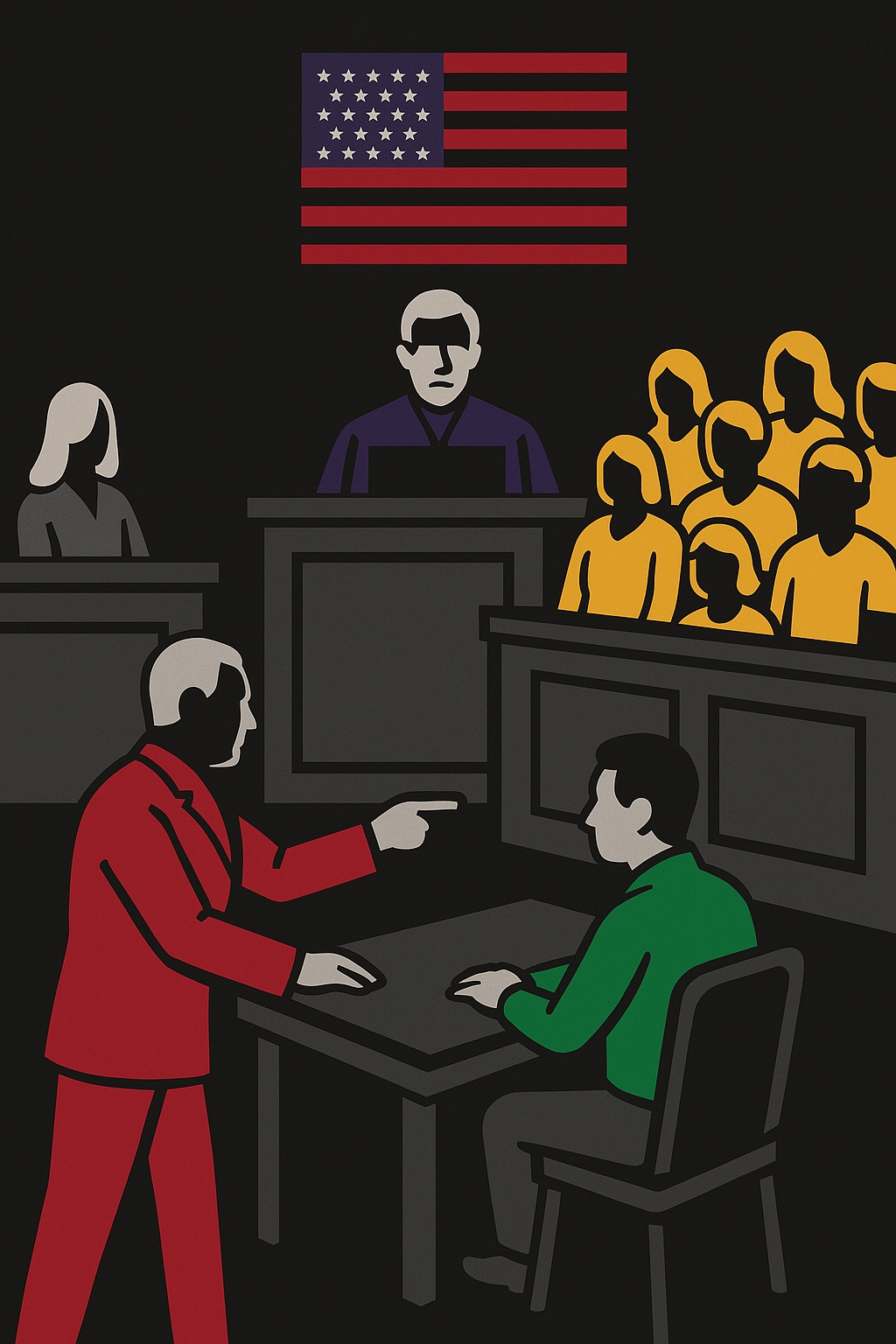In a landmark ruling on August 1, 2025, a federal jury in Miami held Tesla 33% liable for a fatal 2019 crash in Key Largo, Florida, involving its Autopilot system.
The crash occurred when driver George McGee, distracted while using Autopilot, collided with a parked SUV, killing 22-year-old Naibel Benavides Leon and injuring her boyfriend, Dillon Angulo.
The jury awarded $329 million in damages, including $200 million in punitive damages, citing flaws in Autopilot’s design and inadequate warnings for foreseeable misuse.
Tesla plans to appeal, but the verdict underscores the risks of autonomous driving technology and sets a precedent for liability in the U.S. market.
Five Key Learnings and Takeaways for Non-US Vehicle OEMs
- Understand U.S. Strict Liability Standards: The U.S. applies strict liability for defective products, meaning manufacturers can be held accountable for injuries caused by design flaws or inadequate warnings, even without negligence. Non-US OEMs must ensure autonomous systems are robustly designed to handle normal and foreseeable misuse scenarios, like driver distraction, to avoid liability.
- Anticipate Foreseeable Misuse: The Tesla case highlighted that driver distraction is considered foreseeable misuse in the U.S. OEMs must design systems with safeguards—such as enhanced driver monitoring or fail-safes for unexpected road conditions—and provide clear warnings to mitigate risks from predictable human errors.
- Prepare for High Punitive Damages: Unlike many jurisdictions where punitive damages are rare, U.S. courts can impose substantial penalties to deter unsafe practices, as seen with Tesla’s $200 million punitive award. Non-US OEMs should prioritize safety in design and marketing to avoid costly penalties in the U.S. market.
- Navigate State-by-State Variations: U.S. product liability laws vary by state, leading to inconsistent outcomes. The Tesla verdict in Florida may influence other jurisdictions, but OEMs must tailor compliance strategies to account for regional differences, consulting local legal experts to ensure robust defense strategies.
- Strengthen Post-Sale Monitoring and Communication: U.S. courts expect manufacturers to monitor products post-sale and issue warnings or recalls if defects emerge. Non-US OEMs should establish proactive monitoring systems and clear communication channels to address potential issues with autonomous technologies swiftly.
Conclusion
The Tesla Key Largo verdict serves as a wake-up call for non-US vehicle OEMs entering or operating in the U.S. market. By prioritizing robust system design, anticipating driver misuse, and understanding the U.S.’s unique liability landscape, manufacturers can mitigate risks and avoid costly litigation. As autonomous driving technology evolves, proactive safety measures and clear user guidance will be critical to navigating the complex U.S. legal environment successfully.

Leave a Reply